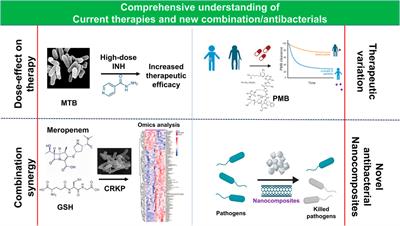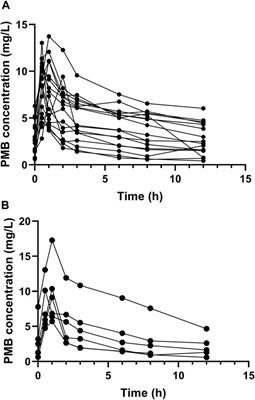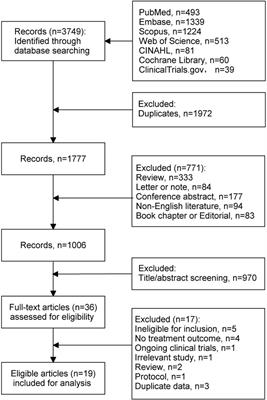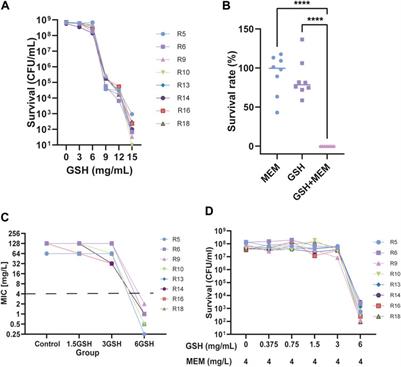EDITORIAL
Published on 07 May 2024
Editorial: Combinational therapy and nanotechnologies in combating pathogenic microbes and antibiotic resistance

doi 10.3389/fphar.2024.1406043
- 539 views
2,504
Total downloads
10k
Total views and downloads
EDITORIAL
Published on 07 May 2024

ORIGINAL RESEARCH
Published on 01 Feb 2024

SYSTEMATIC REVIEW
Published on 08 Jan 2024

ORIGINAL RESEARCH
Published on 19 Dec 2023

REVIEW
Published on 27 Sep 2023
